Abdominal bloating is more than just a physical discomfort; it can interfere with your daily life, making work, social activities, and even relaxation feel burdensome. Bloating can be uncomfortable and inconvenient, but with the right lifestyle changes and remedies, it’s possible to manage and prevent it effectively. By identifying triggers, making dietary adjustments, and adopting healthy habits like abdominal massage and mindful eating, you can beat the bloat and enjoy a healthier gut.

Start small by incorporating these tips into your routine, and don’t hesitate to seek medical advice if symptoms persist or worsen.
Understanding Abdominal Bloating
Bloating occurs when the gastrointestinal (GI) tract becomes filled with gas or air. This can lead to feelings of fullness, tightness, or swelling in the abdomen. Often, bloating is accompanied by:
• Pain or discomfort
• Excessive gas (flatulence)
• Frequent burping or belching
• Abdominal rumbling or gurgling sounds
Common Causes of Bloating
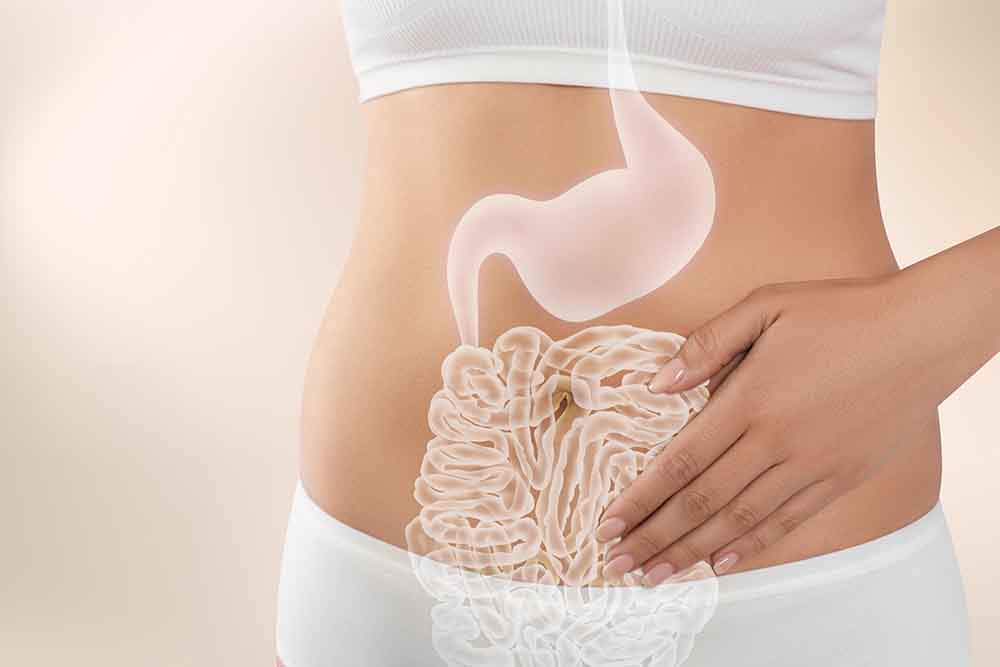
The causes of bloating can range from lifestyle habits to medical conditions:
• Gas and Air
• Swallowing excess air while eating, drinking, or talking is one of the primary reasons for bloating. Common habits that increase air swallowing include:
• Eating or drinking too quickly
• Using straws
• Chewing gum
• Smoking
Dietary Triggers
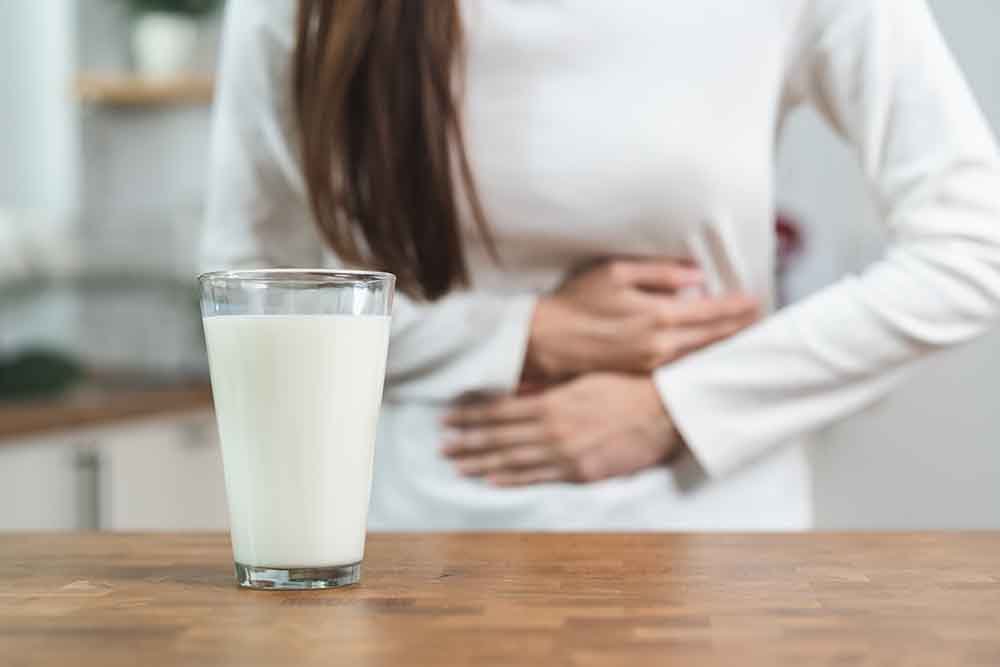
Some foods are more likely to cause gas and bloating, such as:
• Carbonated beverages
• Beans and lentils
• Cruciferous vegetables like broccoli and cabbage
• Dairy products (for those who are lactose intolerant)
• High-fat or fried foods
Medical Conditions
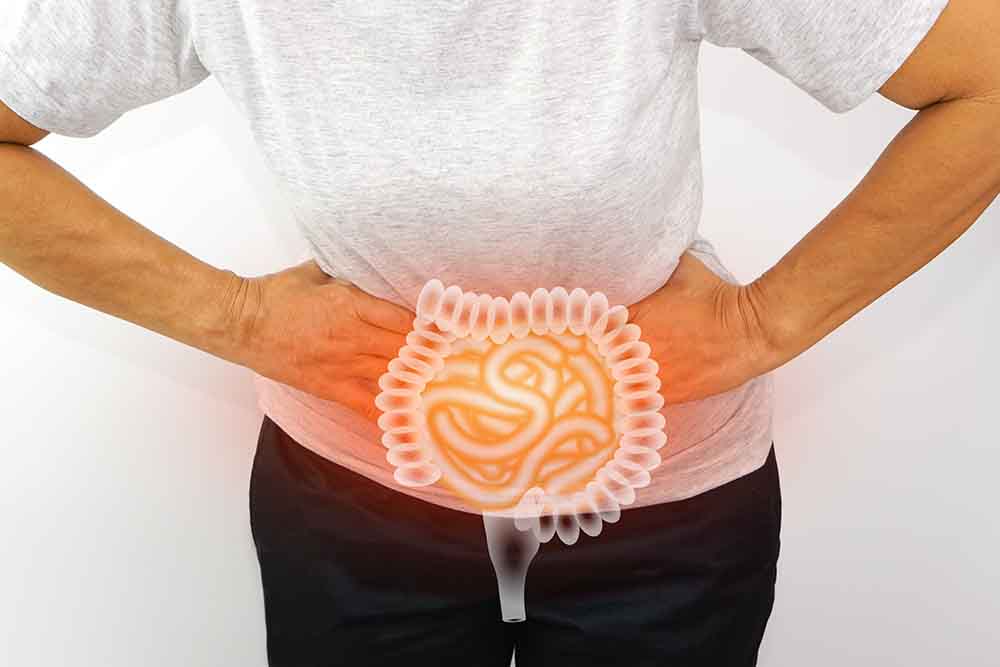
Chronic or severe bloating may be linked to underlying conditions, including:
• Irritable bowel syndrome (IBS)
• Food intolerances (e.g., lactose or gluten intolerance)
• Inflammatory bowel diseases like Crohn’s or ulcerative colitis
• Hormonal changes, especially during menstruation
• Mental health factors like stress or anxiety
Serious Causes
Abdominal bloating can also be a symptom of several serious conditions, including:
• Pathologic fluid accumulation in the abdominal cavity (ascites) as a result of cancer (e.g., ovarian cancer), liver disease, kidney failure, or congestive heart failure
• Celiac disease, or non-celiac gluten sensitivity
• Pancreatic insufficiency, which is impaired digestion because the pancreas cannot produce enough digestive enzymes
• Perforation of the GI tract with escape of gas, normal GI tract bacteria, and other contents into the abdominal cavity
Effective Tips to Reduce Bloating
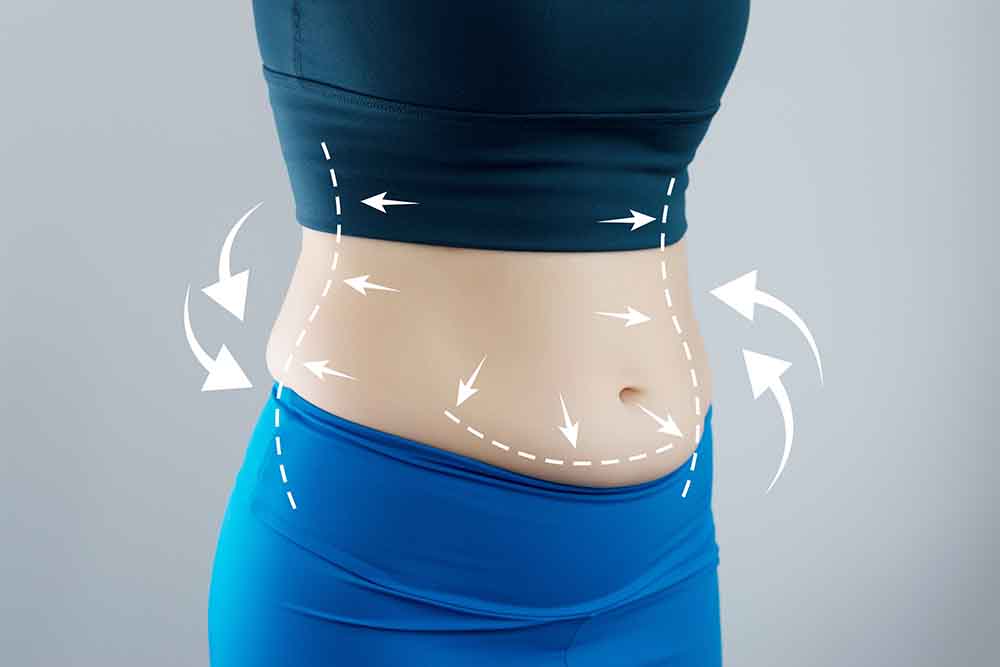
If bloating is disrupting your life, try these effective strategies to find relief:
1. Abdominal Massage
Gently massaging your stomach in a clockwise, circular motion can stimulate digestion and help move trapped gas through the intestines. Focus on the area below your ribcage and around your belly button.
2. Warm Lemon Water
Start your day with a glass of warm lemon water. The acidity of lemon can aid in digestion and help flush out toxins, reducing the likelihood of bloating.
3. Sleep on Your Left Side
Sleeping on your left side allows gravity to assist in moving gas through your digestive system. This position can also reduce acid reflux, which sometimes accompanies bloating.
4. Deep Breathing Exercises
Stress can exacerbate bloating by triggering the release of cortisol, a hormone that impacts digestion. Take 5-10 minutes each day to practice deep, diaphragmatic breathing to calm your mind and improve gut motility.
5. Peppermint Tea
Peppermint contains menthol, which can relax the muscles in your digestive tract and reduce bloating. Sipping on a warm cup of peppermint tea after meals is an excellent natural remedy.
6. Gentle Post-Meal Walks
Walking for 10-15 minutes after a meal can help activate your digestive system and prevent gas buildup. A light stroll is sufficient to encourage better digestion.
7. Stay Hydrated
Dehydration can lead to constipation, which contributes to bloating. Drink plenty of water throughout the day to keep your digestive system running smoothly. Adding slices of cucumber or mint leaves can make hydration more enjoyable.
8. Probiotics
Probiotics help balance gut bacteria, which can improve digestion and reduce bloating. Incorporate probiotic-rich foods like kefir, yogurt, or fermented vegetables into your diet.
Foods to Avoid During Bloating
If you’re already feeling bloated, avoid foods that can worsen the condition:
Carbonated Drinks: The bubbles can increase gas in your stomach.
Beans and Lentils: These contain complex sugars that are difficult to digest.
Cruciferous Vegetables: While nutritious, vegetables like broccoli and cauliflower produce gas during digestion.
Dairy: If you’re lactose intolerant, even a small amount of dairy can lead to bloating.
Processed Foods: High in salt and preservatives, processed foods can cause water retention and worsen bloating.
When to See a Doctor
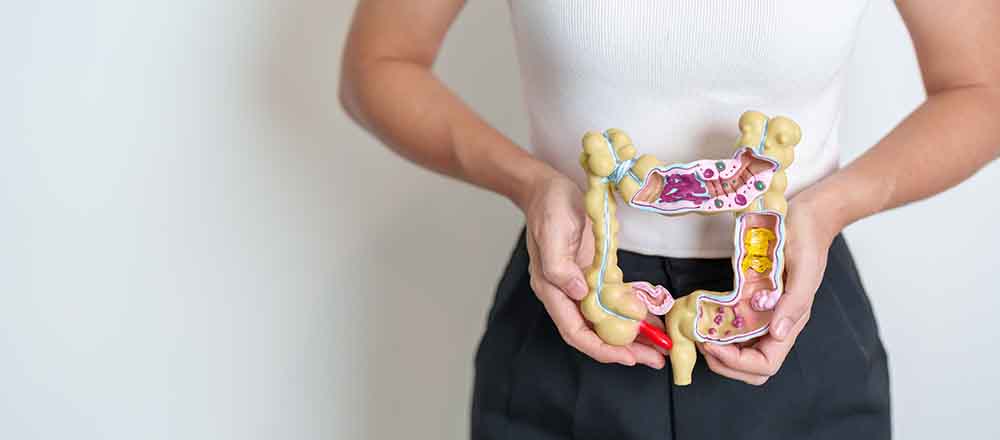
While bloating is often harmless, it can sometimes signal a more serious issue. Consult a healthcare provider if you experience any of the following:
• Severe or prolonged abdominal pain
• Blood in your stool
• Persistent diarrhoea
• Unexplained weight loss
• High fever
• Vomiting or worsening heartburn